English clubs who played in the European Cup or Champions League
English sides have been playing in Europe's top club competition since the 1950s
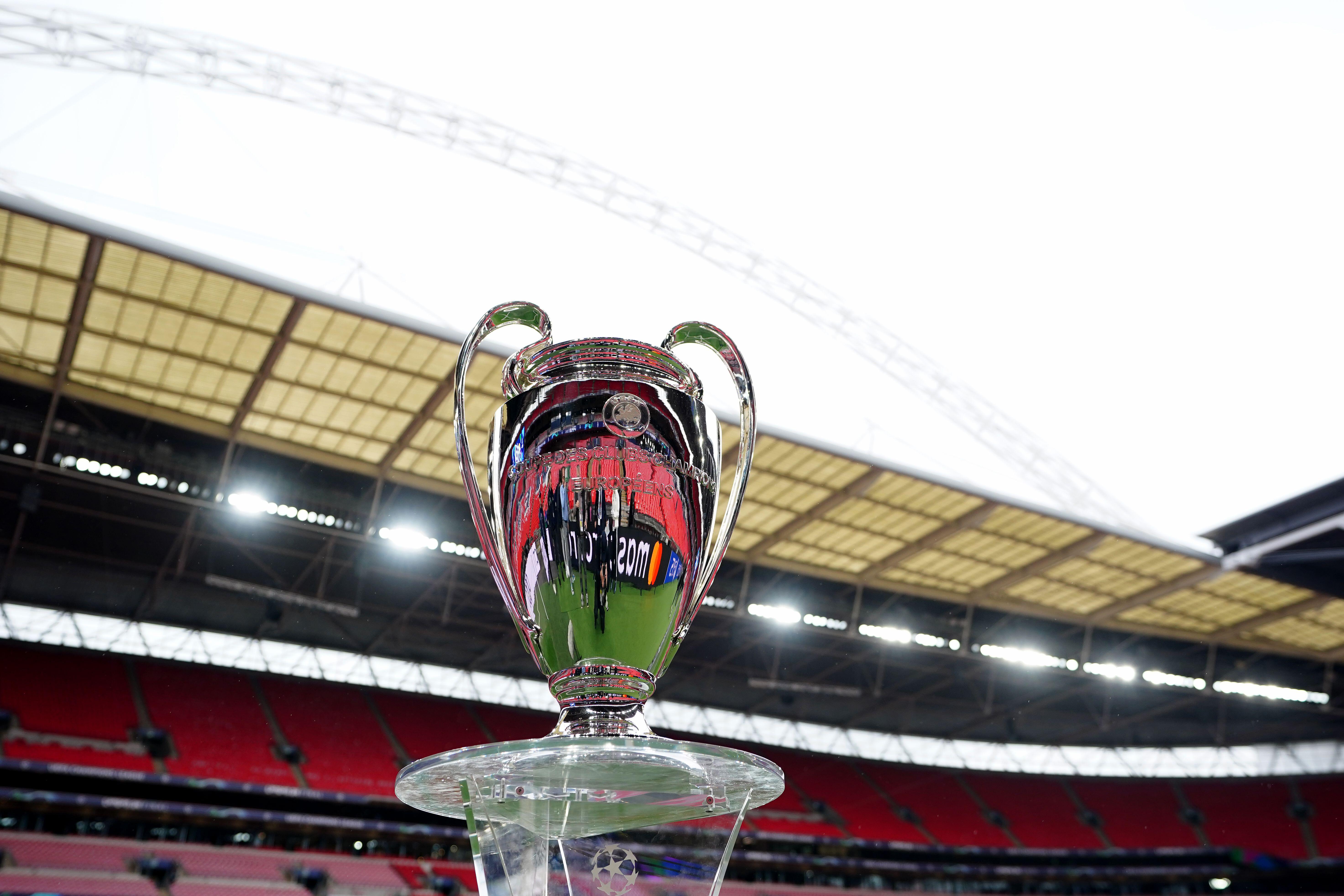
It’s been well over half a century since an English club debuted in Europe’s premier club competition: the European Cup – or, as it’s been since 1993, the Champions League.
And since then, the home of football has become one of the most successful nations on that grandest of stages.
Here, we take a look at England’s European Cup / Champions League entrants and how they got on in their maiden campaigns…
Manchester United (1956)
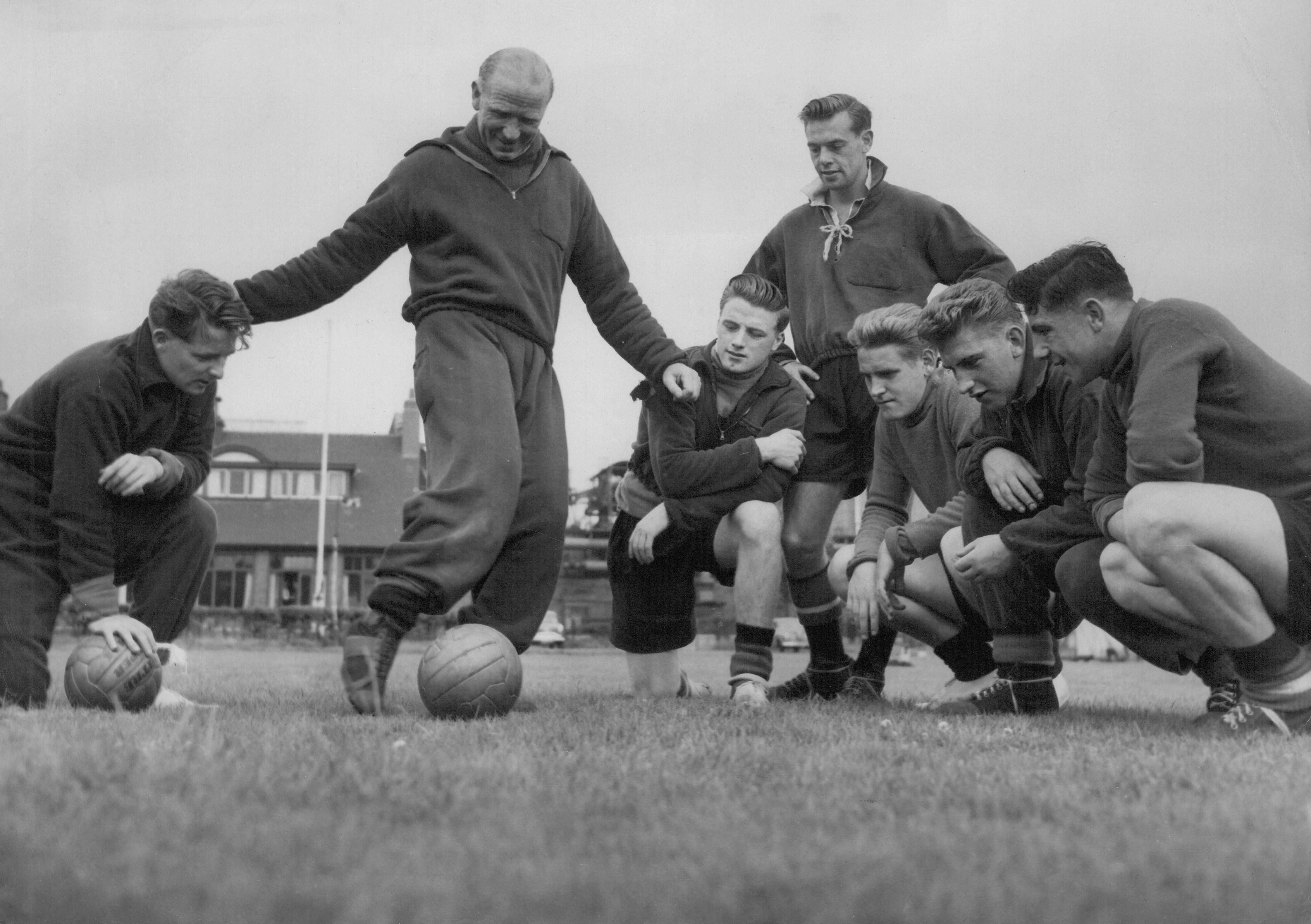
With Chelsea forced to pull out of the inaugural 1955/56 European Cup, Manchester United became the first English club to play in the competition.
After beating Anderlecht 2-0 and 10-0 in the 1956/57 preliminary round, Matt Busby’s ‘Busby Babes’ reached the semi-finals, where they were beaten by eventual winners Real Madrid.
With Busby still at the helm, the Red Devils lifted the trophy for the first time a decade later, defeating Benfica 4-1 in the final at Wembley.
Wolves (1958)
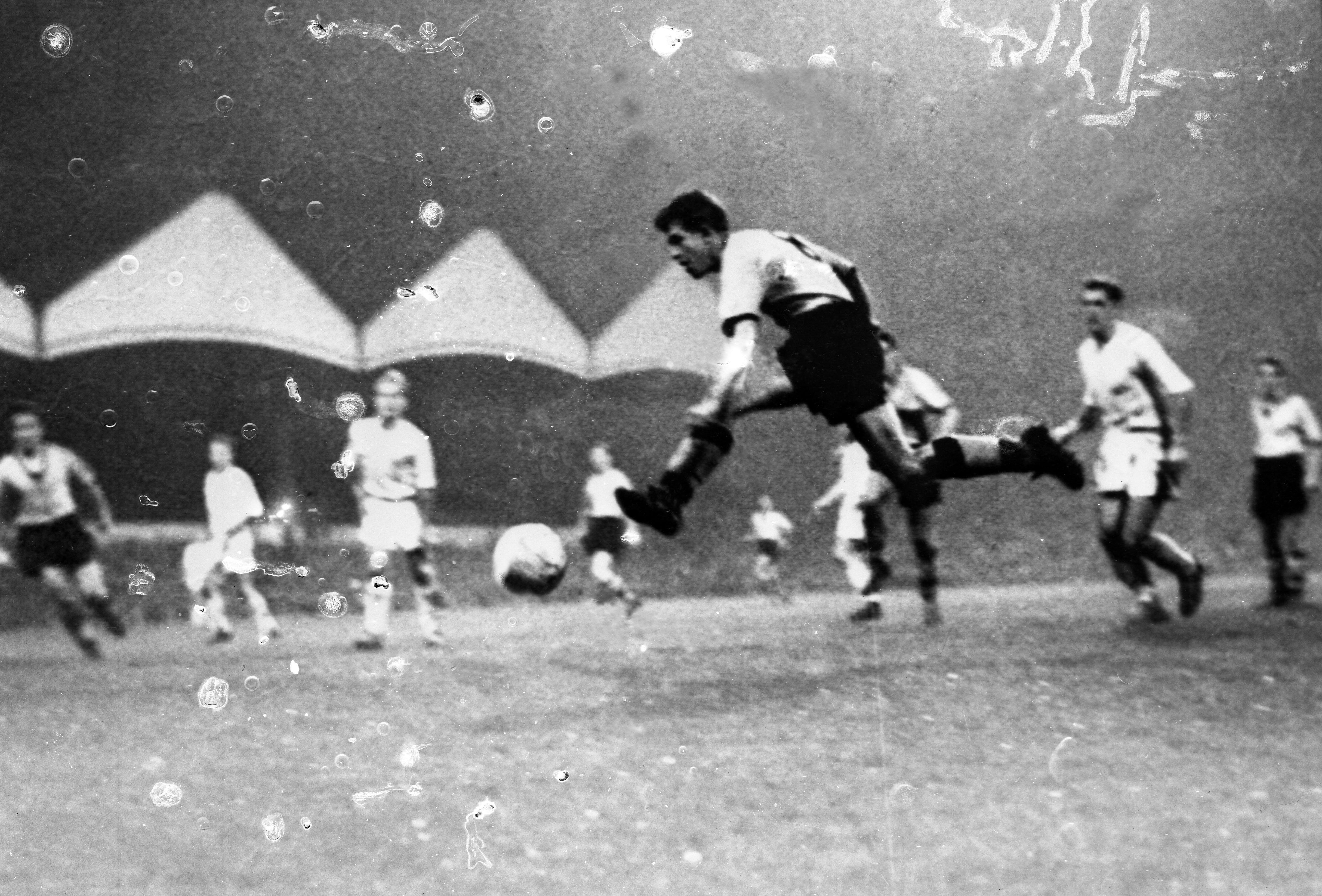
One of the first English grounds to install floodlights, Molineux staged some of the earliest European club games – and it got to host European Cup action when Wolves qualified as First Division champions in 1958.
Get FourFourTwo Newsletter
The best features, fun and footballing quizzes, straight to your inbox every week.
Unfortunately for the West Midlands side, led by legendary manager Stan Cullis, their debut in Europe’s top continental competition was short-lived: they lost 4-3 on aggregate to West German champions Schalke in the first round.
Burnley (1960)
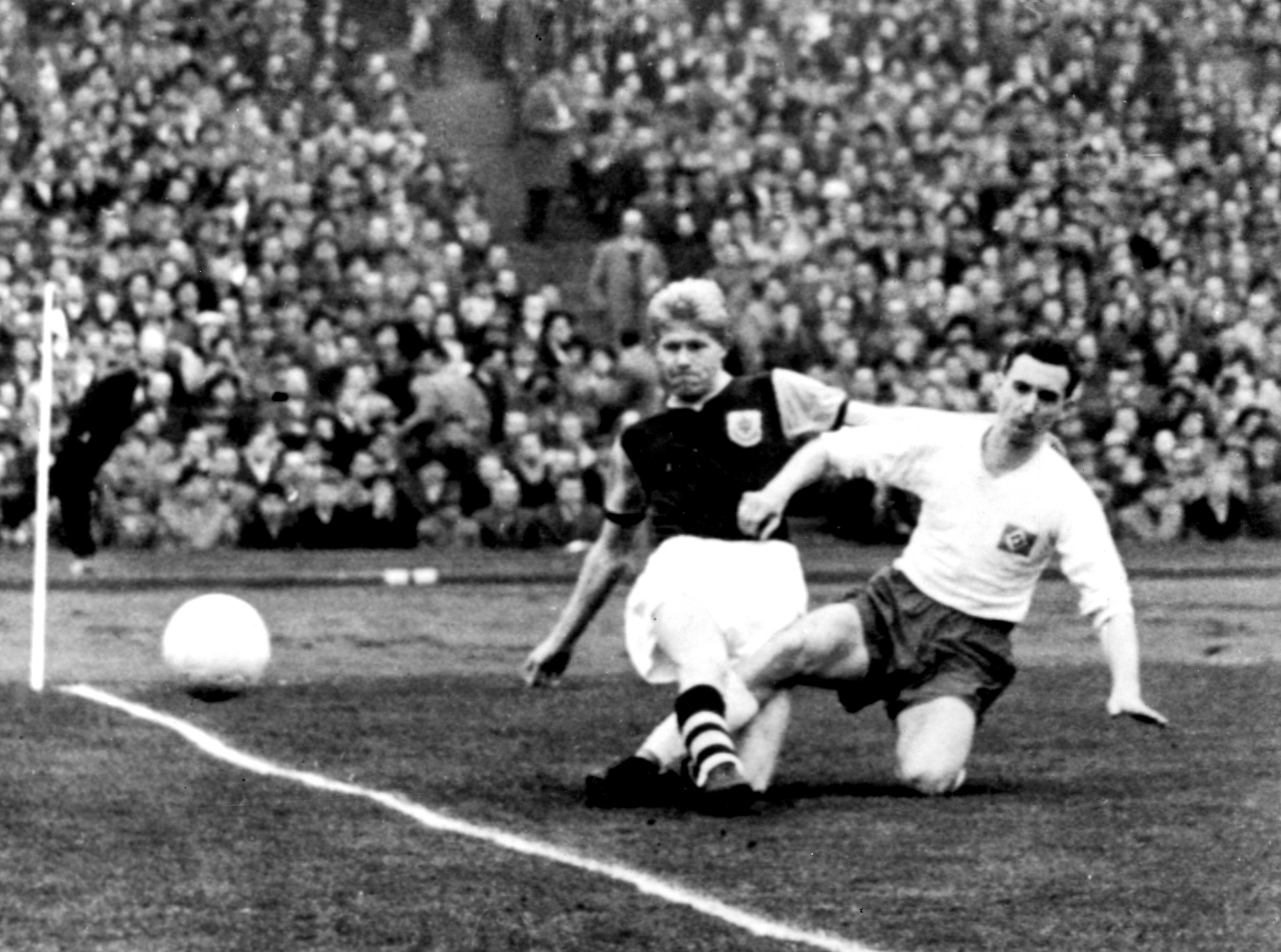
Burnley won their second and most recent English top-flight title in the 1959/60 season, qualifying for the following campaign’s European Cup.
In their sole appearance in the competition, the Clarets, under the management of Harry Potts, defeated French champions Reims in the first round before succumbing to Hamburg in the quarter-finals.
Tottenham Hotspur (1961)
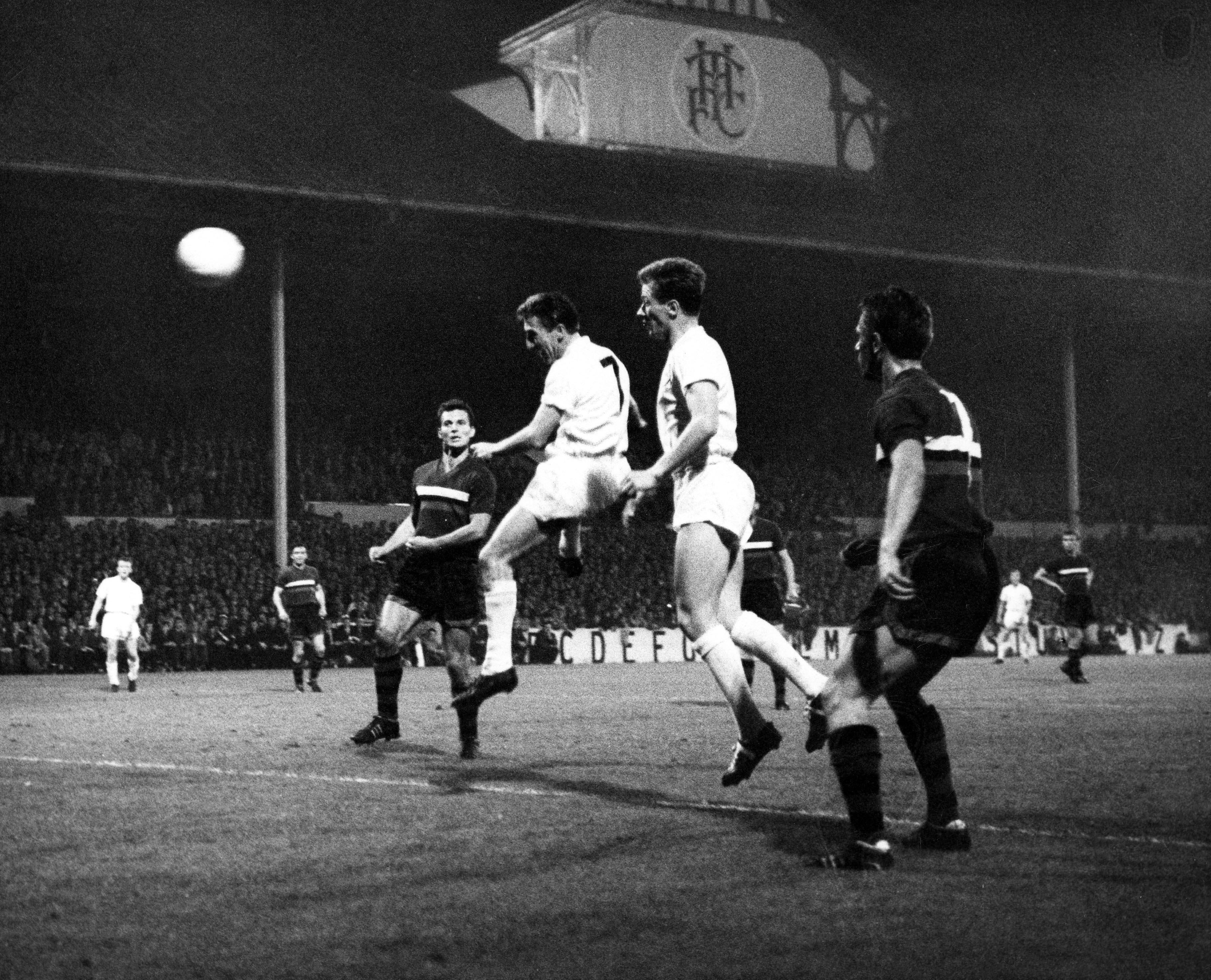
Tottenham were the first London club to play in the European Cup, qualifying as 1960/61 First Division champions under legendary boss Bill Nicholson.
Spurs saw off the champions of Poland (Gornik Zabrze), the Netherlands (Feyenoord) and Czechoslovakia (Dukla Prague) in the preliminary round – recording an 8-1 second-leg drubbing – first round and quarter-finals respectively, but they bowed out 4-3 on aggregate to ultimate winners Benfica in the semis.
Ipswich Town (1962)
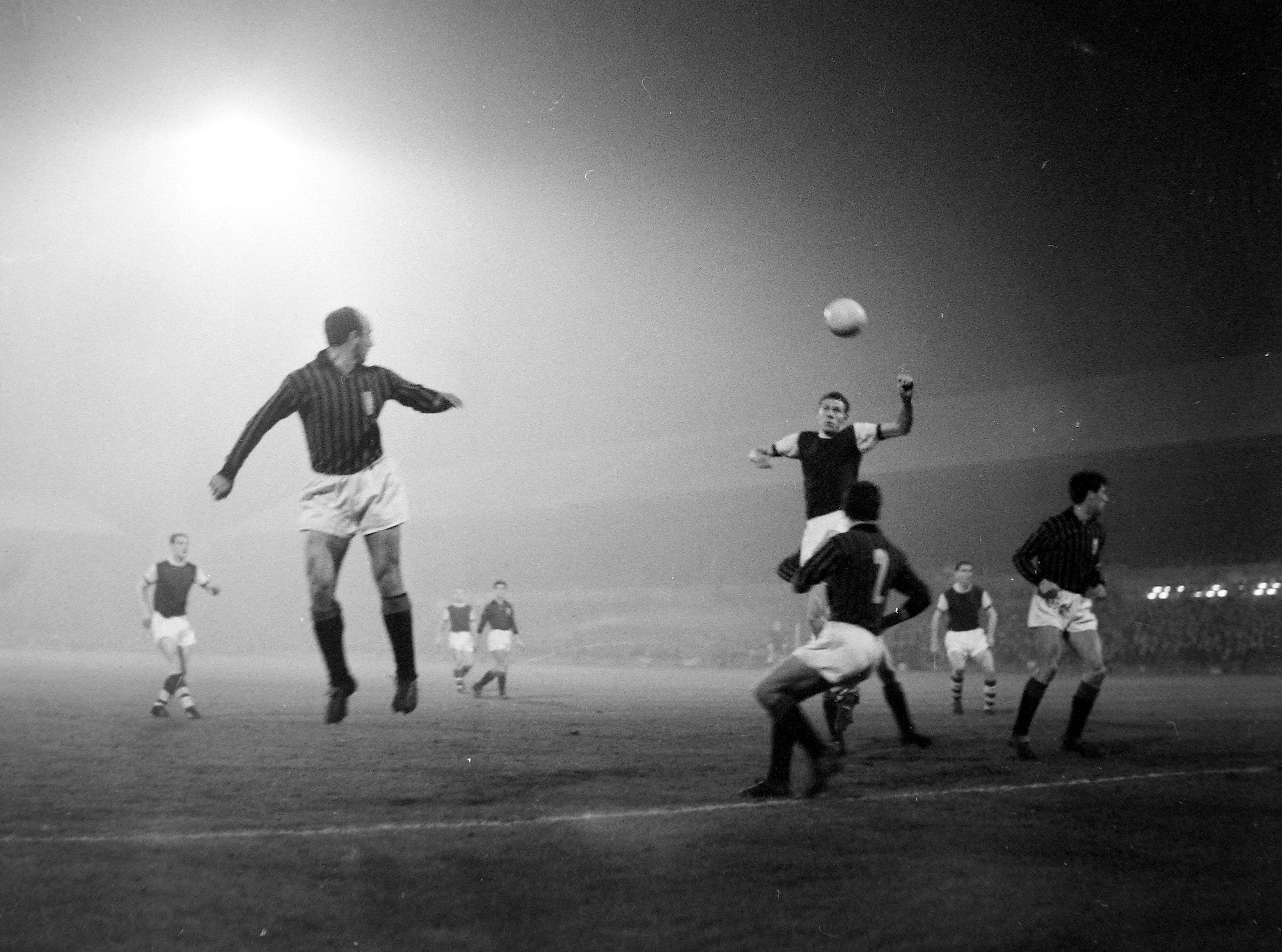
Ipswich were crowned champions of England for the only time in their history in 1962, earning a spot in the 1962/63 European Cup.
Alf Ramsey’s Tractor Boys didn’t progress beyond the first round, though, losing to Milan – who would go on to win the competition – on aggregate despite winning the second leg at Portman Road.
Everton (1963)
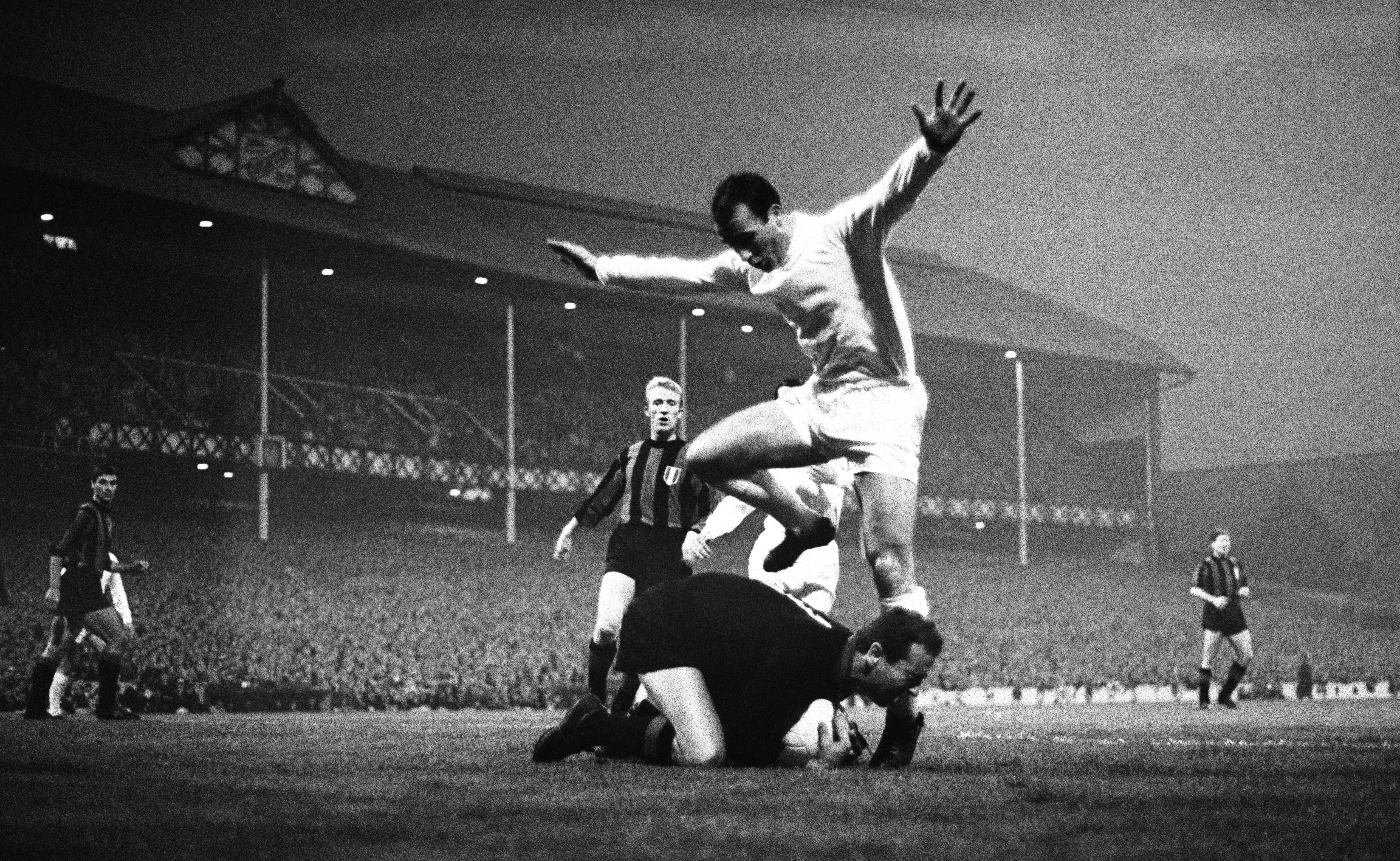
Pipping arch-rivals Liverpool to become Merseyside’s first European Cup representatives, Everton entered the competition after winning their first English title in 24 years.
But for Harry Catterick’s Blues, the continental adventure barely got started: they narrowly lost 1-0 to eventual European champions Inter over two legs in the 1963/64 preliminary round.
Liverpool (1964)
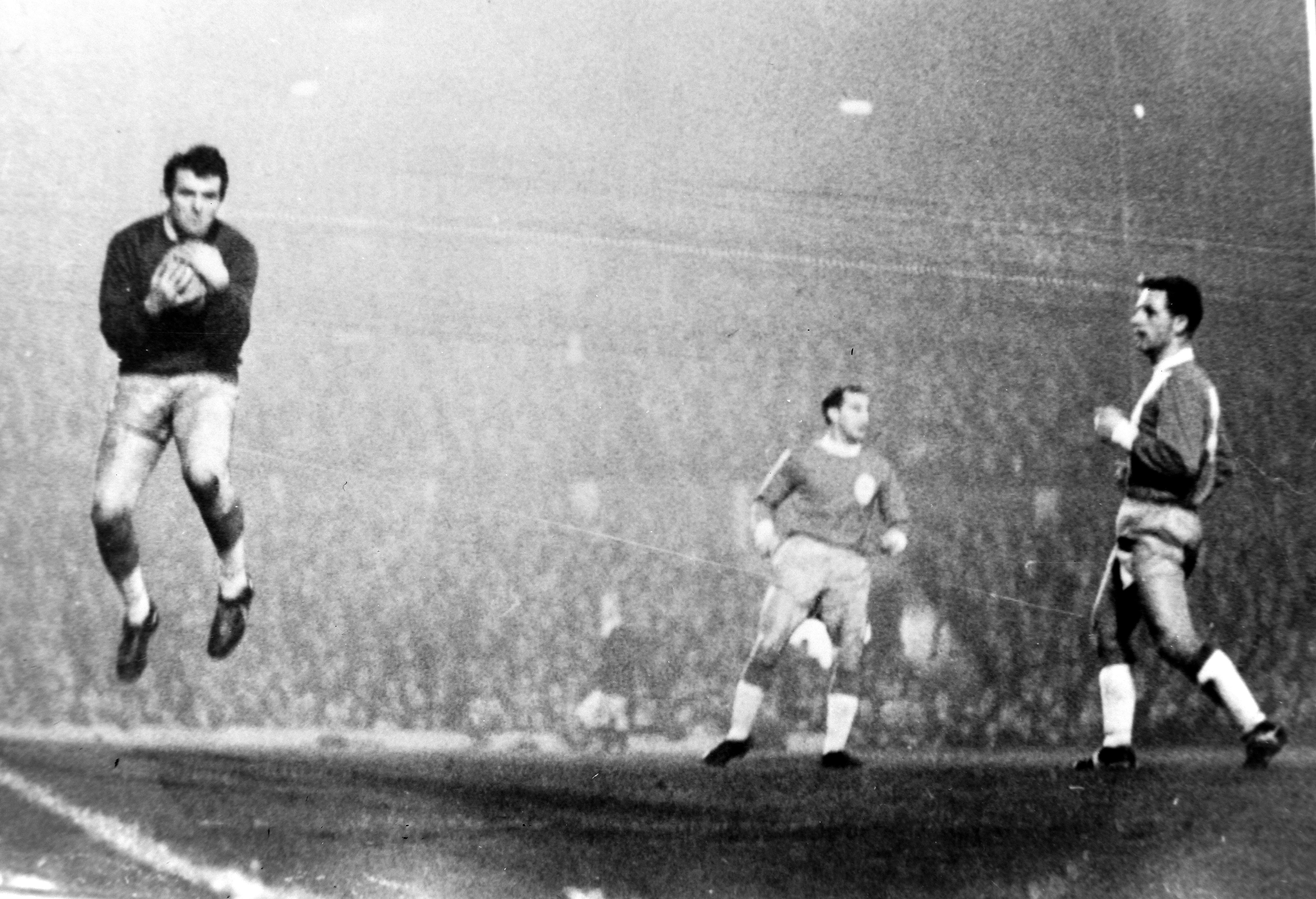
Having ended a 17-year First Division title drought, Liverpool’s maiden European Cup campaign went considerably better than Everton’s, with Bill Shankly’s Reds making it to the semi-finals – beating Koln by virtue of a coin toss (!) along the way.
It ended in the same fashion, though: with defeat to Helenio Herrera’s formidable ‘Grande Inter’ side, who would retain their crown.
Liverpool would have to wait until 1977 to claim their first of many European Cup triumphs, doing so under Bob Paisley with victory over Borussia Monchengladbach in the final in Rome.
Manchester City (1968)
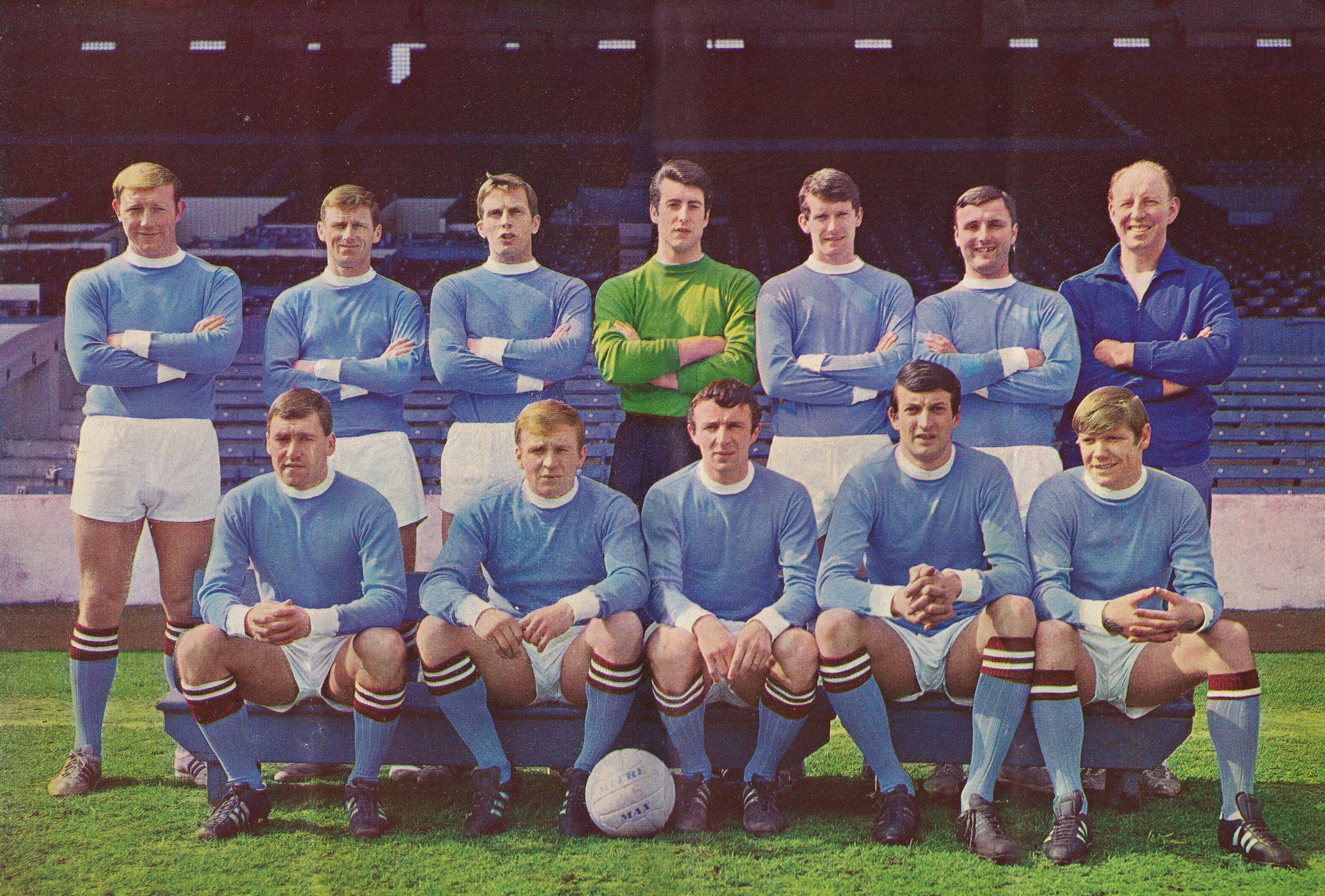
In 1968, Manchester City won what would prove to be their last English title for 44 years, making their European Cup debut as a result.
Entering the competition alongside local rivals Manchester United, the holders, Joe Mercer’s City fell at the first hurdle, losing 2-1 on aggregate to Fenerbahce in the first round.
More than half a century later, in 2023, City were crowned European champions for the first time, seeing off Inter in the final in Istanbul to complete a treble under Pep Guardiola.
Leeds United (1969)
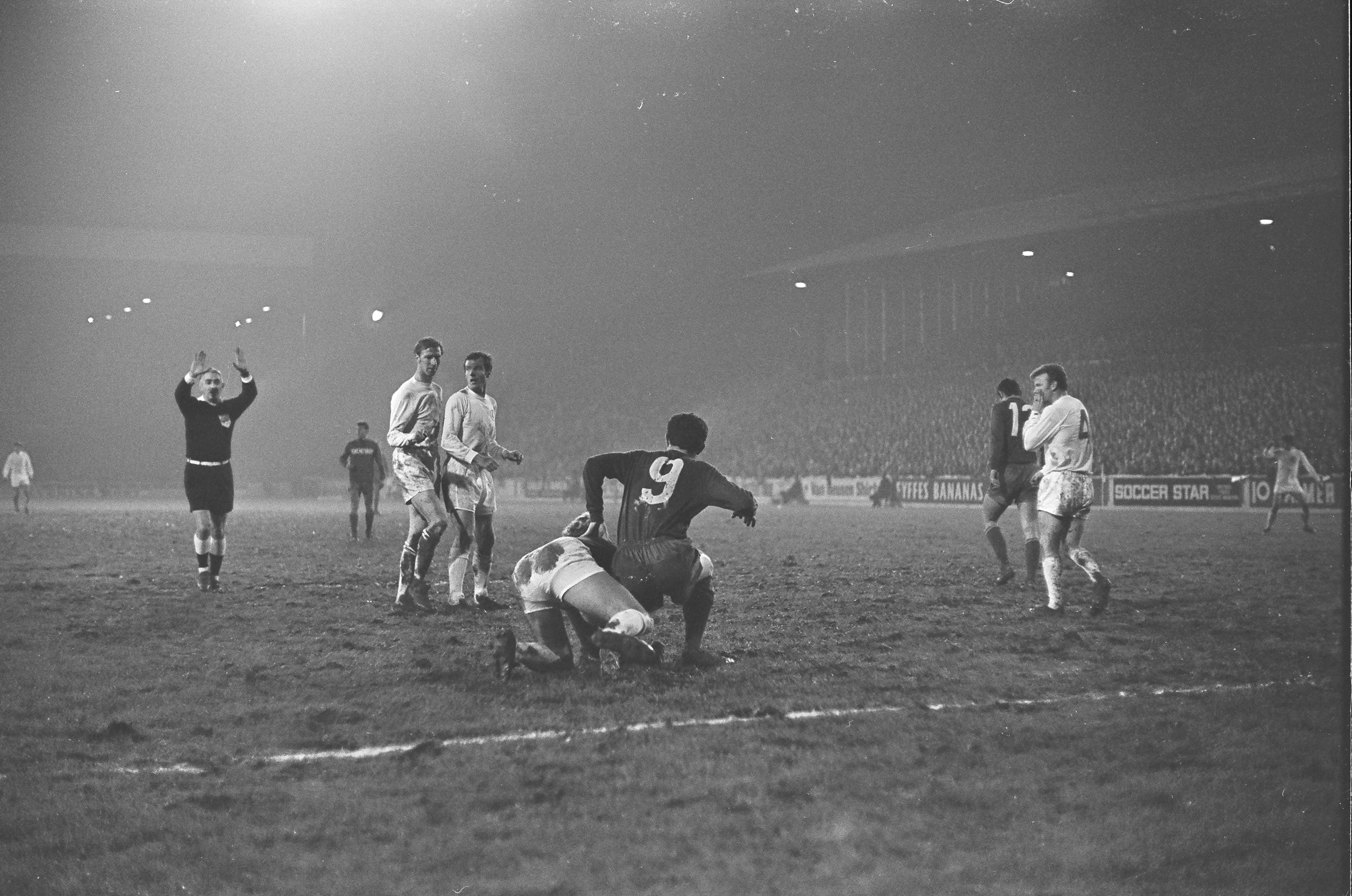
The late 60s and early 70s were heady days for Leeds, who got their first taste of the European Cup as 1968/69 First Division champions.
Don Revie’s Whites eliminated the champions of Norway, Hungary and Belgium – Lyn, Ferencvaros and Standard Liege, thrashing the former 10-0 and 6-0 – en route to the semi-finals, where they lost to 1966/67 winners Celtic.
Arsenal (1971)
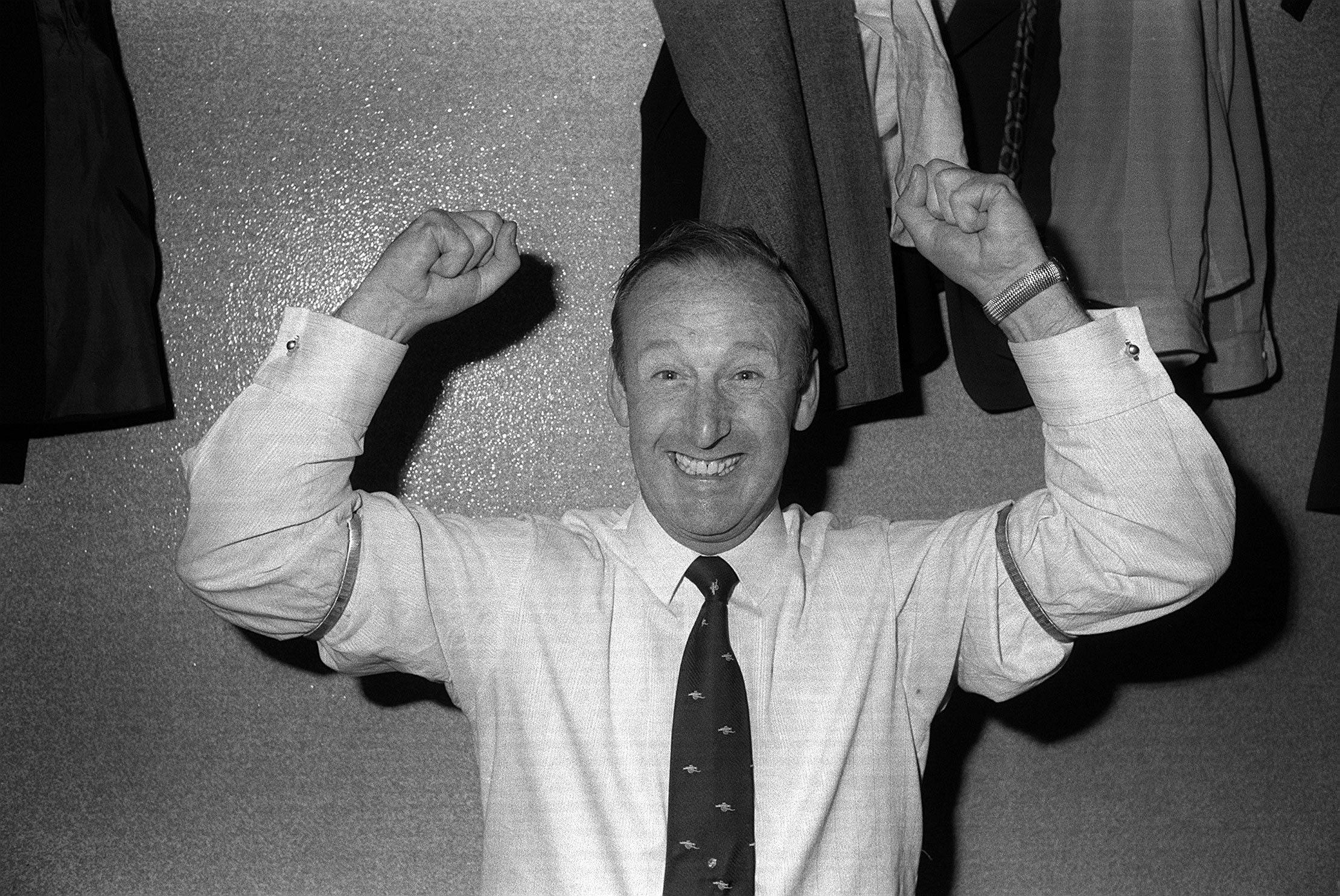
Arsenal made their European Cup debut after winning the 1970/71 English double under Bertie Mee.
The Gunners, who had lifted the 1969/70 Inter-Cities Fairs Cup, breezed past Stromsgodset of Norway in the first round and Switzerland’s Grasshopper Club Zurich in the second, before coming unstuck against holders Ajax at the quarter-final stage.
Derby County (1972)
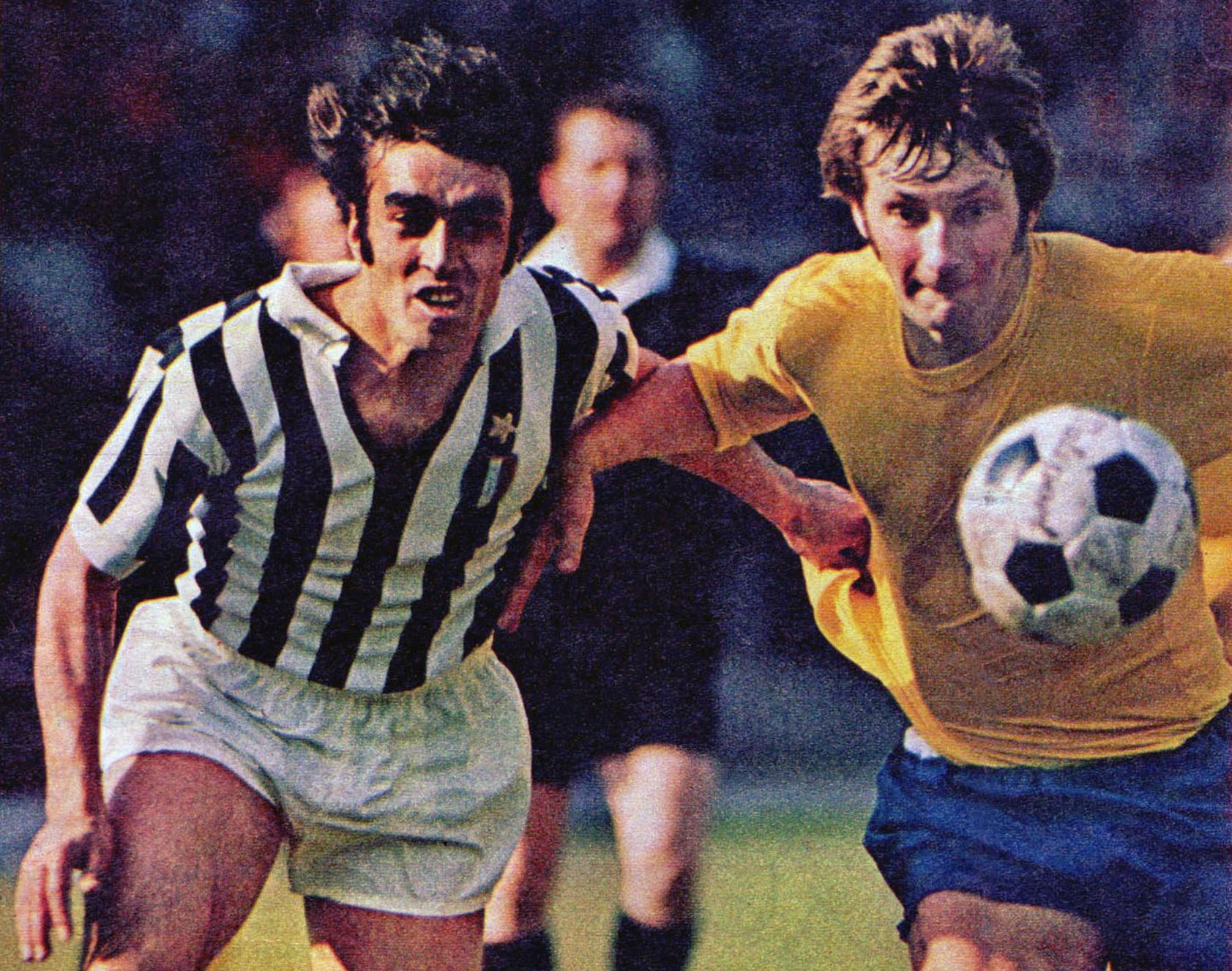
Derby claimed their first top-flight title in 1972, pipping Leeds to First Division glory with Brian Clough at the helm and clinching qualification for the 1972/73 European Cup.
The Rams defeated the champions of Yugoslavia (Zeljeznicar), Portugal (Benfica) and Czechoslovakia (Spartak Trnava) en route to the semi-finals, where they bowed out to Juventus.
Nottingham Forest (1978)
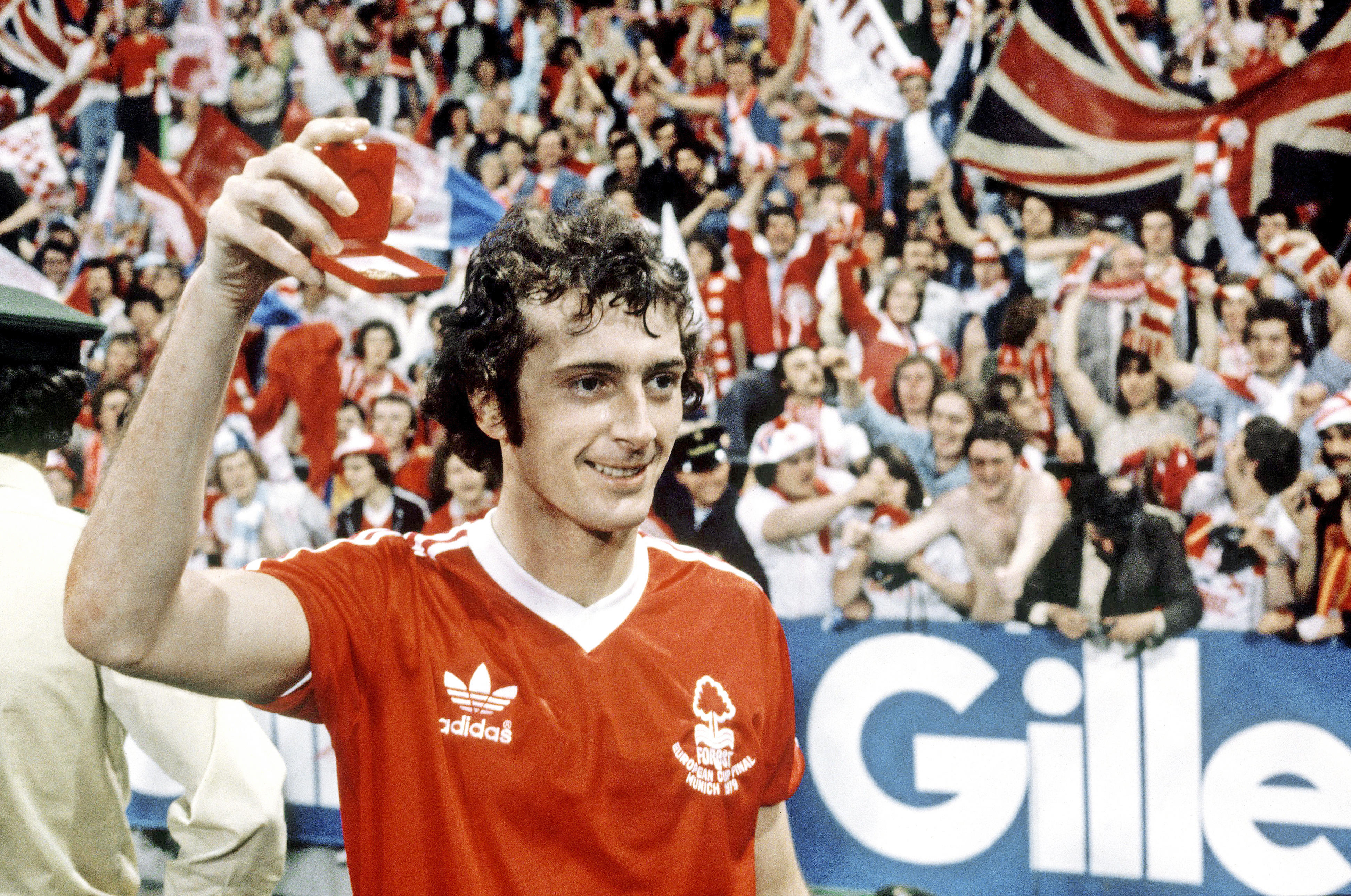
Six years later, Brian Clough was back managing in UEFA’s premier club competition, this time with Nottingham Forest – who he had led to Second Division promotion and a maiden First Division title in successive campaigns.
Famously, Forest went and lifted the European Cup at the first time of asking – beating Malmo in the final in Munich – then, the following year, became the first British side to retain it. They remain the only club to win the trophy more times than their own domestic championship.
Aston Villa (1981)
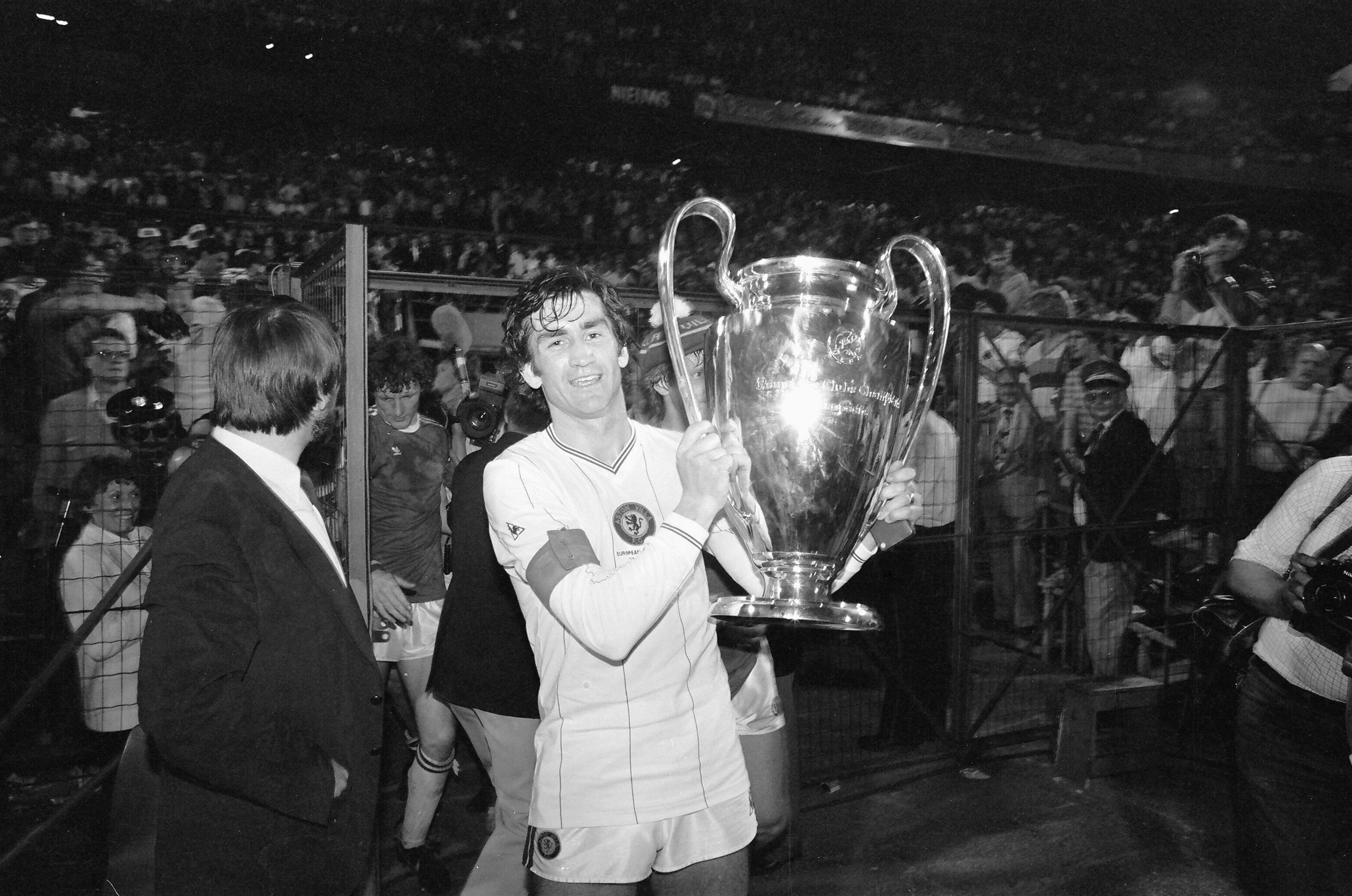
Aston Villa had been champions of England on six previous occasions, but all of them were long before the European Cup existed – so it wasn’t until 1981 that they got to play in the competition for the first time.
Like Nottingham Forest a few years earlier, they won it on debut, Tony Barton’s men sealing glory with a famous win over Bayern Munich in the final in Rotterdam.
Blackburn Rovers (1995)
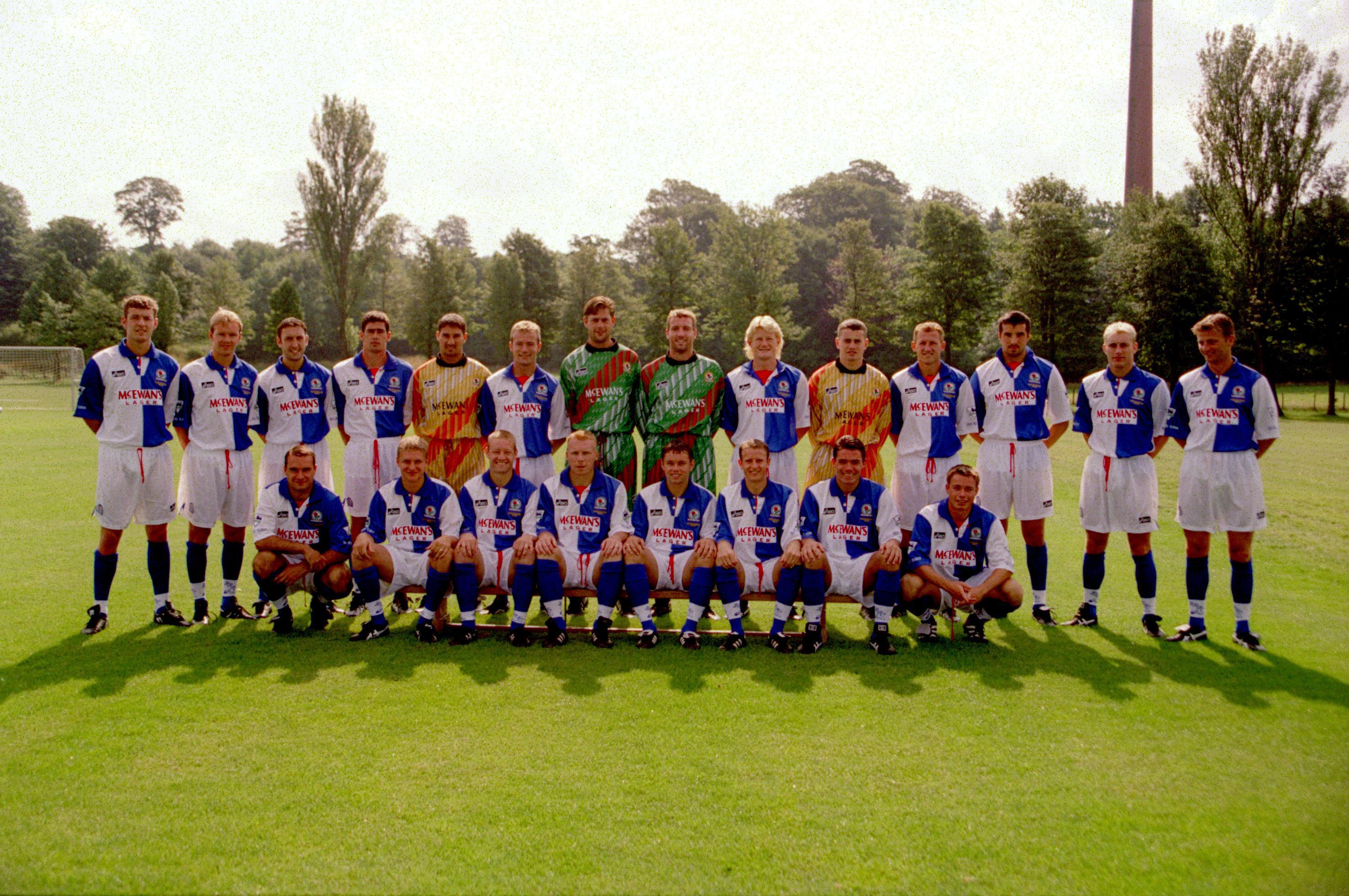
In winning the 1994/95 Premier League title, Blackburn were crowned English champions for the first time in 81 years, and they got to make their Champions League debut in 1995/96.
Unfortunately, it didn’t go too well for Rovers, now being managed by Ray Harford after Kenny Dalglish moved up to director of football: they went out at the group stage, recording only one win in the process – 4-1 at home to Norway’s Rosenborg in their final game.
Newcastle United (1997)
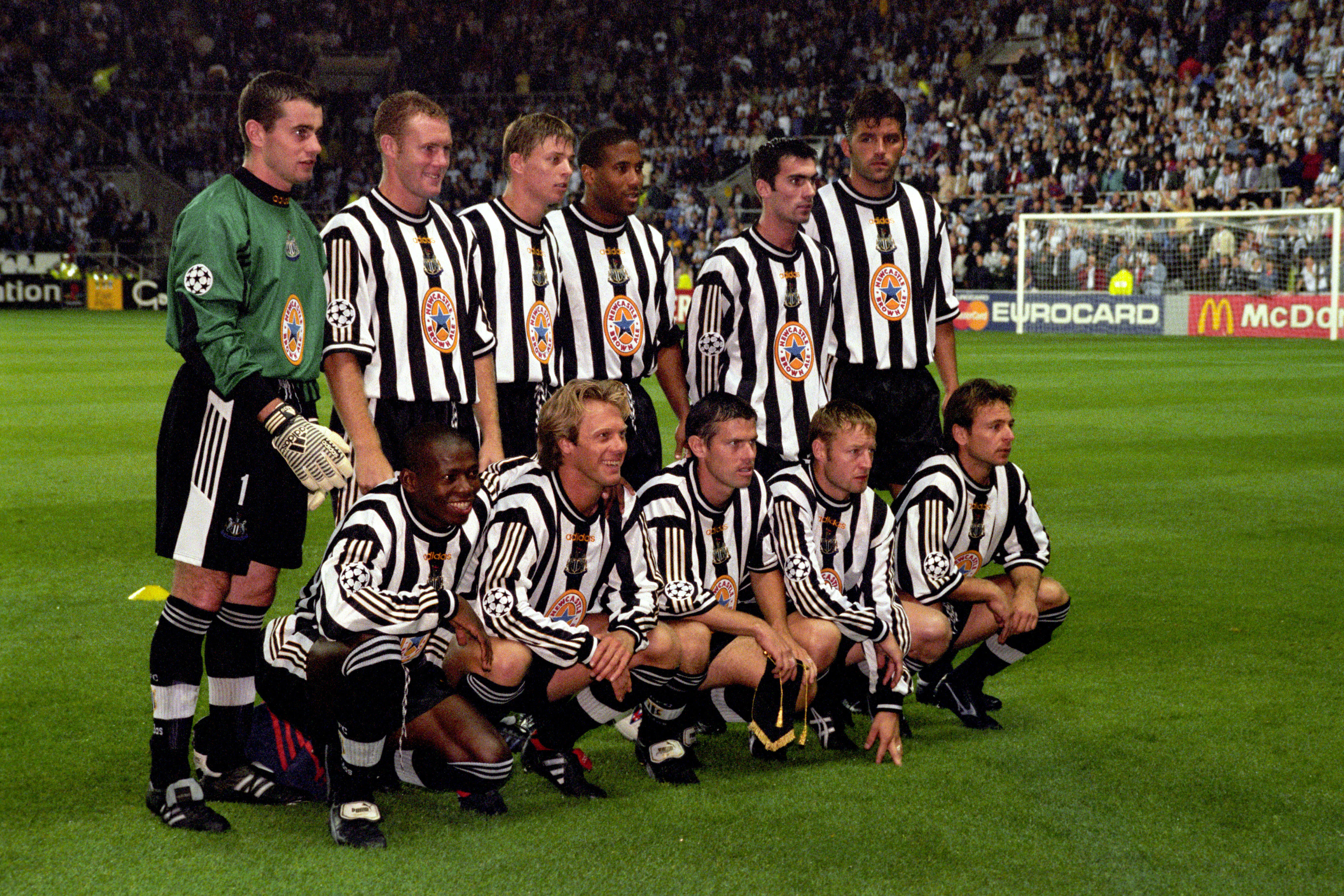
The 1997/98 Champions League saw the competition expand from 16 teams to 24, so Newcastle qualified as 1996/97 Premier League runners-up – having previously participated in the UEFA Cup and Fairs Cup, winning the latter in 1969.
Kenny Dalglish’s Magpies began their Champions League group campaign promisingly with a 3-2 win over Barcelona at St. James’ Park, but they ultimately failed to progress to the second round.
Chelsea (1999)
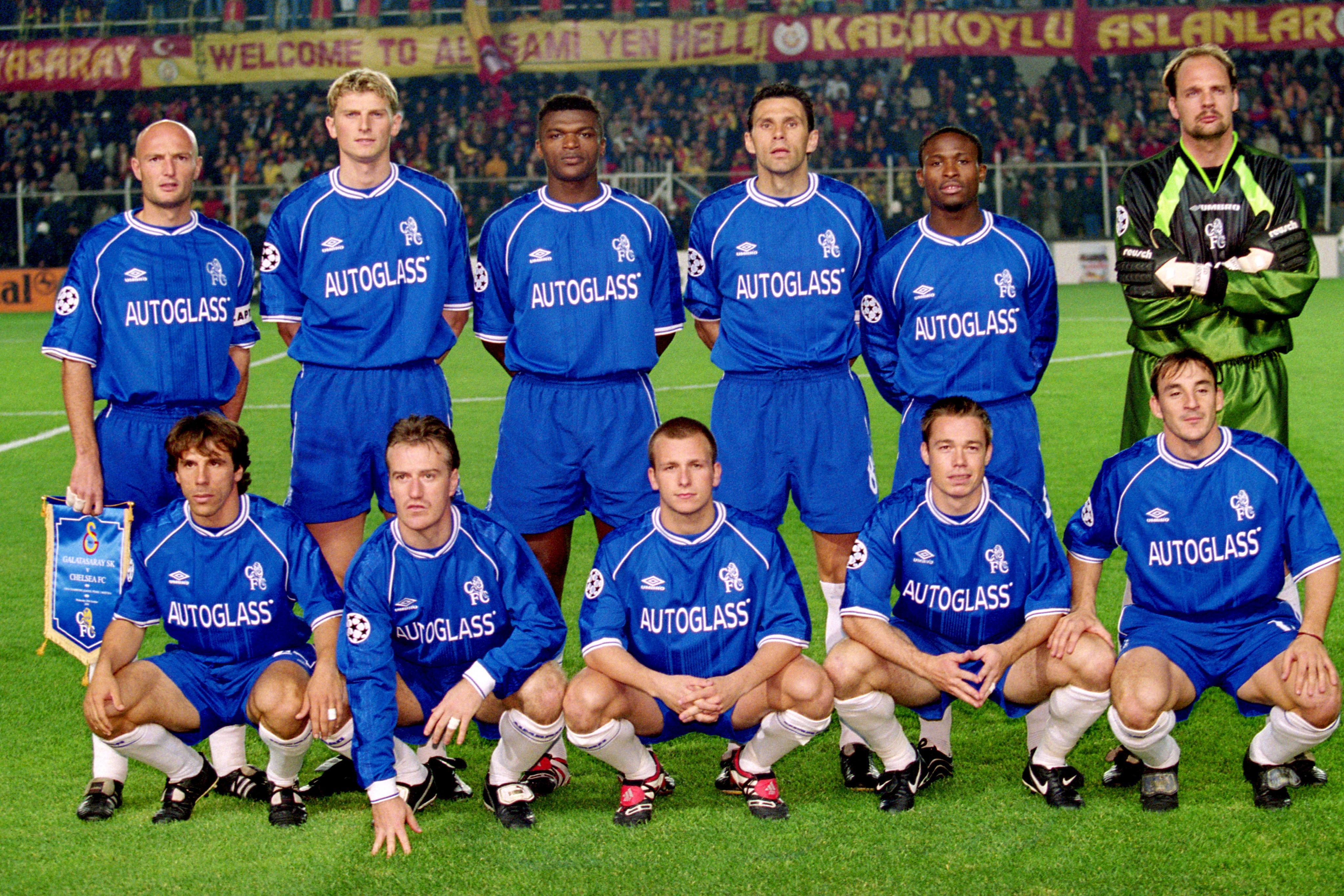
Some 44 years after they should have been the first English club to play in the European Cup – they pulled out amid pressure from the Football League, who worried that the newly formed competition would be a distraction from domestic matters – Chelsea finally debuted on the top continental stage.
Gianluca Vialli’s side topped their group and advanced through the second group stage, before bowing out 6-4 on aggregate to Barcelona after extra time in the quarter-finals.
The Blues lifted the trophy for the first time in 2012 – under a coach who had played in that debut campaign: Roberto Di Matteo.
Leicester City (2016)
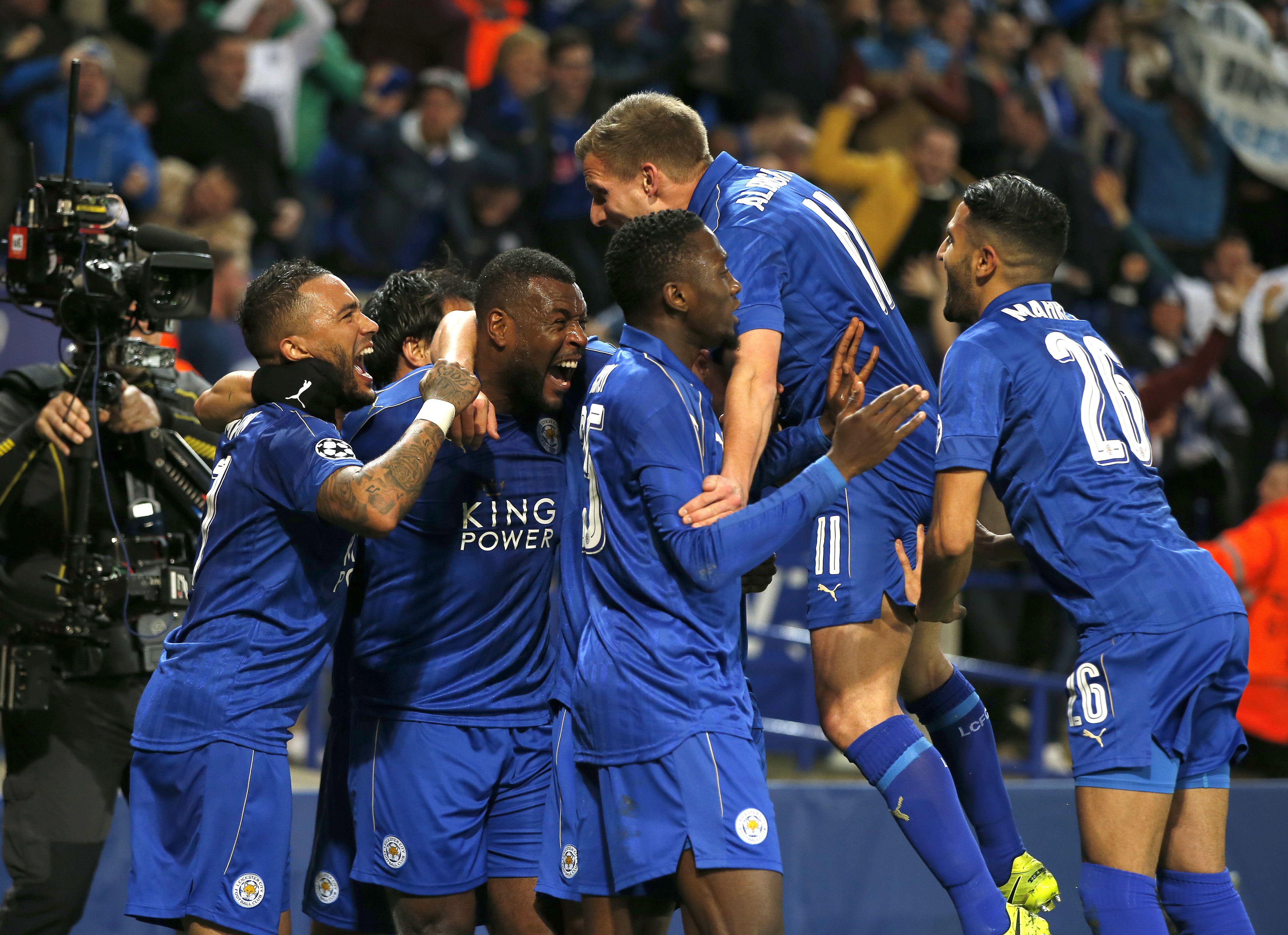
Leicester’s unforgettable 2015/16 Premier League title win saw them become England’s first new Champions League qualifiers in 17 years.
Under Claido Ranieri, Leicester topped a group containing Porto, Copenhagen and Club Brugge to reach the last 16 under, where they beat Sevilla 3-2 on aggregate, before Craig Shakespeare took over for the quarter-finals – where the Foxes went out 2-1 on aggregate to Atletico Madrid.
Tom Hancock started freelancing for FourFourTwo in April 2019 and has also written for the Premier League and Opta Analyst, among others. He supports Wycombe Wanderers and has a soft spot for Wealdstone. A self-confessed statto, he has been known to watch football with a spreadsheet (or several) open...

